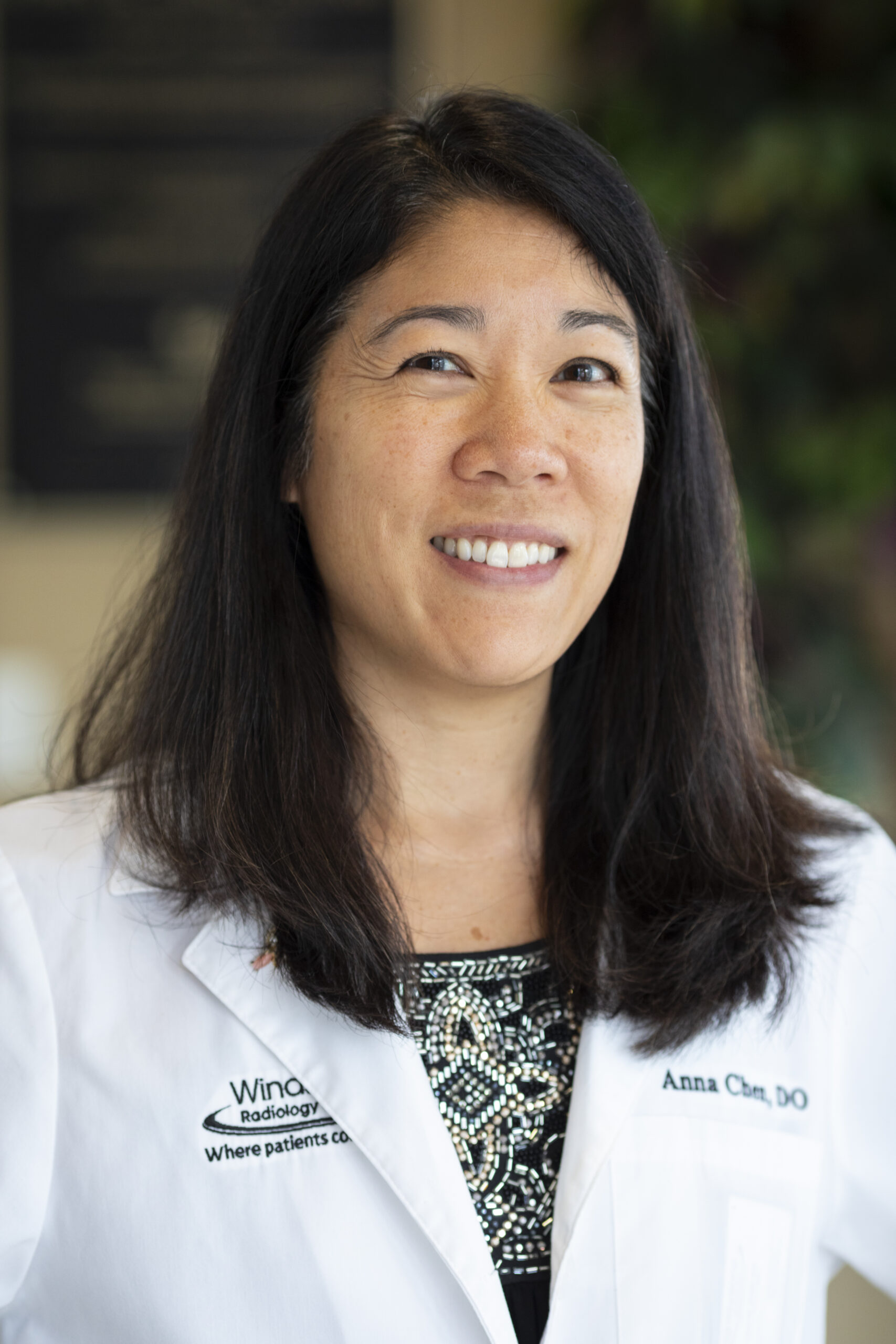by Annette Pinder
A new study published on August 16, 2021, in JAMA Network Open, an online open access journal published by the American Medical Association, revealed that women with dense breasts should be more vigilant about routine mammography. The study found that this was even true for women ages 75 and older who have dense breasts.
The study involved 193,000 women ages 65 and older, of which 70,000 were at least age 75. The women were from New Hampshire, Vermont, North Carolina, San Francisco, Washington, New Mexico, and Colorado. After examining the data, the researchers found a connection between breast density and breast cancer risk in older women. Their goal was to find evidence regarding the importance of ongoing breast cancer screenings for older women. The results led them to conclude that older women who are in good health, but who have dense breasts, should continue to have mammogram screening.
According to the National Cancer Institute, “Nearly 50 percent of all women ages 40 and older have dense breasts. Knowing whether you have dense breasts is important because women with dense breasts have a higher risk of developing breast cancer, and often need supplemental screenings to a mammogram.” Having dense breasts also makes it more difficult to find hidden cancers. Still, many women do not even know or understand the concept of, nor the significance of, dense breasts
Anna Chen DO, of Windsong Radiology, explains that breast density measures the amount of fibrous tissue compared with fatty tissue, and that less dense breasts contain more fat. There are also different levels of breast density. While women ages 40 to 74 often have dense breasts, aging women’s breasts become less dense over time. Still, a third of all women who are 65 and older continue to have dense breasts, which makes breast screening important.
The U.S. Preventive Services Task Force (USPSTF) currently recommends that women between the ages of 50 and 74 have a mammogram every two years. The American Cancer Society recommends that women ages 45 and older have annual mammograms, and then every two years after age 55 for those in good health.
While age remains the strongest risk factor for breast cancer, this new research confirms that women with dense breasts are at a higher risk of breast cancer than women with fatty breasts. It also confirms that women ages 65 and older can continue to have dense breasts.
In light of these new findings, Dr. Chen encourages all women, including those who are older, to discuss the importance of ongoing routine mammography screening with their physicians.
Windsong Radiology is conveniently located in Amherst, Hamburg, Lancaster, West Seneca, and Williamsville. They also have mobile mammography units. Call 716-631-2500 or visit https://windsongwny.com/radiology/request-an-appointment to make an appointment online. Learn more about breast density at www.nationalbreastcancer.org and at https://www.cancer.gov/types/breast/breast-changes/dense-breasts












